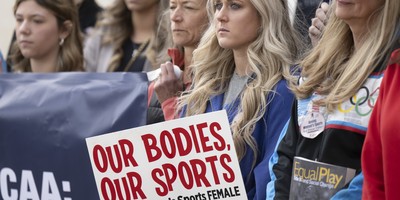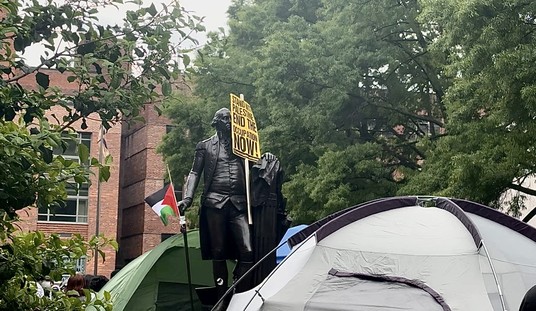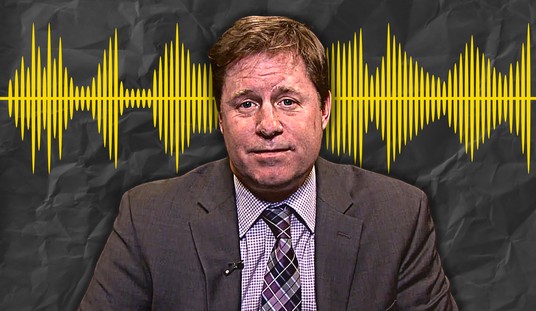Today staff of the House of Representatives Armed Services Committee will meet with the staff of the Center for Military Readiness. This is believed to be the opening salvo in an effort to repeal the 1993 law which relates to eligibility for military service. The intent of some is to repeal the measure passed in 1993 by a strongly Democratic Congress. That measure became, thanks to President William J. (Bill) Clinton, what is known as the "Don't ask, Don't tell" policy about homosexuality for the Armed Forces.
Repeal of that policy would likely not fly in this Congress. But liberals anticipate strong gains in the 2008 elections, possibly as many as 40 Senate and House of Representatives seats. With that margin there would be little doubt that the policy would change, especially with the likelihood of a Democrat in the White House.
The left wants homosexuals integrated in the military. The 1993 law says that the homosexual lifestyle is incompatible with military service. Basically, under the current circumstances if a homosexual does not make an issue privately or publically about his or her lifestyle he or she can remain in the military. The Armed Services are not supposed to ask about it either. The moment that a person's lifestyle becomes an issue he or she must leave the military.
Liberals make the point that homosexuals are allowed to serve in the military in other nations and claim there is no adverse effect. Those opposed to repeal say that even if members of the Armed Services keep to themselves someone is certain to find out and can subject that person to blackmail. In 1993 two papers were published in relation to the debate: the first was the United States General Accounting Office's report entitled Defense Force Management: Department of Defense's Policy on Homosexuality, which outlined the DOD policy on homosexuality and the reasons for it; the second was an argument by an Armed Forces general who argued against lifting the ban on homosexual- and bisexual-identified people based upon the belief that they pose a security risk and would erode unit cohesion and morale. Ironically the same argument is made by opponents of women in combat.
Recommended
Elaine Donnelly, President of the Center for Military Readiness, believes that the movement against open homosexual service has become lethargic and unless it comes to life the policy will be repealed. She said that law has been challenged in court many times and the courts found it to be constitutional. Donnelly says that the LGBT (Lesbian, Gay, Bisexual, Transgender), the Human Rights Campaign, the ACLU and the SLDN (Service-members Legal Defense Network) are pushing for repeal of the law through the courts, the media, Congress and the Presidential campaign.
Absent the 1993 statute the next Administration would order the Armed Forces to accommodate professed homosexuals. Military leaders would have to follow the "civil rights model" to make programs work. There would be mandatory sensitivity training to enforce acceptance and equal housing and social standing for same-sex couples. Since the military cannot do things half way, anyone who resists the program could be accused of harassment or punished, with denial of promotions.
The left believes that this is an idea whose time has come. Given the progress the left is making regarding same-sex marriages, the left may be correct. A disorganized, demoralized pro-family community (with some exceptions) may not have the stamina for this battle. How that battle turns out will have a lot to do with what happens in California this November. If the 4-to-3 State Supreme Court decision legalizing same-sex marriage is overturned by the voters, it will be a shot in the arm to the pro-family movement. If, on the other hand, the effort to overturn that decision is defeated, and current polls suggest that such an outcome is entirely possible, then the pro-family movement will be further demoralized and likely will be unable to block repeal of the 1993 statute.
























Join the conversation as a VIP Member